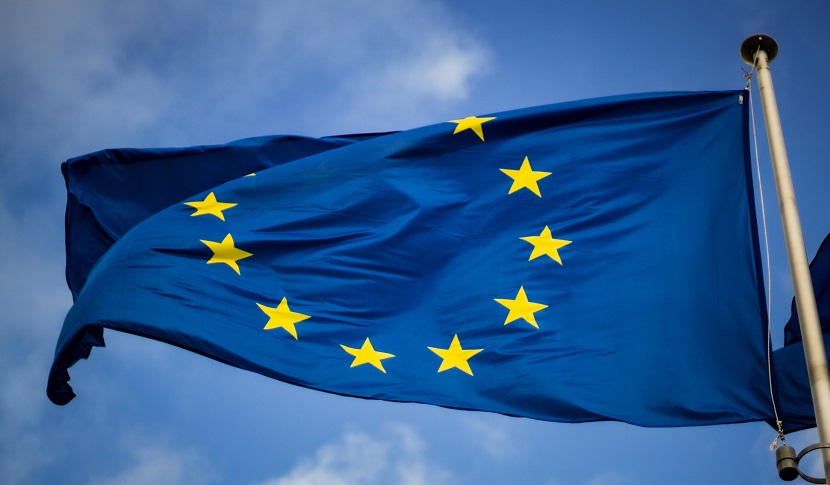The ECB will continue to raise rates, but don’t anticipate another significant increase, officials say.
According to ECB Governing Council member Edward Scicluna, the European Central Bank may continue hiking rates in the near future, but they are unlikely to be as significant as last week’s 75-basis-point rate increase.
Scicluna, who also serves as governor of the Central Bank of Malta, told CNBC’s Silvia Amaro on Monday that there will be additional rate increases.
The European Central Bank (ECB) increased interest rates by an unprecedented 75 basis points on Thursday, bringing the benchmark deposit rate to 0.75%. The bank also increased its forecast for inflation in 2022, which now averages 8.1%.
Scicluna stated that he does not anticipate that 75 basis points would become the standard in the near future. That’s because pressures on Europe’s primary sources of inflation, food and energy, will relax, he continued.
According to him, prices for commodities and energy would decline because “we believe that the supply side, or source, of this inflation, will abate, potentially as a result of things happening in the U.S. and globally.”
Scicluna issued a warning that there are limits to what central banks can do to combat supply-side inflation, the type that Europe is currently experiencing.
Since supply, not demand, as in the United States, is the cause of inflation, central banks’ toolkits are very constrained.
The similar opinion has been voiced by other analysts.
According to MBMG Group managing partner Paul Gambles, increasing interest rates is not a way to curb inflation brought on by increased demand because higher prices are in this case being driven by supply chain shocks.
He continued by saying that managing supply is “extremely tough” for many different organizations and industries, who have a difficult time “turning the taps back on.”
Scicluna expressed worry that the present strategies being used by European governments to ease the pain of skyrocketing energy prices would lead to inflation.
He added that they “can’t afford to cushion everyone all the time” and that they “kind of advise that the help the governments are now being forced into delivering at least has to be focused for the vulnerable households.”
Last week, British Prime Minister Liz Truss announced a cap on energy bills to help with skyrocketing energy costs. A typical home will only pay no more than £2,500 ($2,920) year for each of the next two years, according to the announcement.
France implemented a freeze on gas prices and price caps on electricity. Norway, on the other hand, pays up to 90% of electricity bills above a certain amount.



